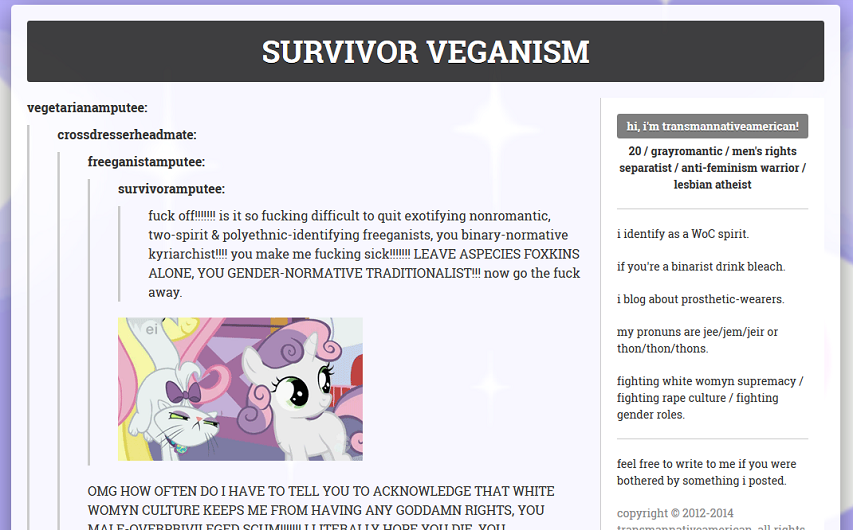Ace distills the current mental process inculcated by many university gender studies programs:
One of the most important ideas in Post-Feminist philosophy […] is the concept of “rape culture.”
“Rape culture” is crucial because it is the means by which the trivial is transmogrified into the profound. The fact that a man might commit a “microaggression” against a woman by opening the door for her is, in a series of logical steps, rapidly connected to something serious — rape — and thus invested with seriousness itself.
Even though it is by no means serious itself.
But the quick silly skipping “logical” steps go like this:
1. A man commits a “microaggression” against a woman by holding a door open for her, “Otherizing” her and suggesting she is infantile and unable to accomplish small tasks on her own.
2. This is a microaggressive power play which reifies the assumptions of the Patriarchy, about woman’s role in society as essentially that of Object or Ornament even Trade Good.
3. This dehumanization of women — the conscious microaggressive stripping of dignity, agency, and autonomy from women — makes it more easy for a member of the Patriarchy to treat them as inhuman things.
4. This increases the likelihood of rape and in fact reinforces a “rape culture.”
That’s the reasoning, such as it is, and this reasoning is assumed (rarely spelled out for the listener) whenever a Post-Feminist attempts to invest some absolutely trivial, bubble-headed cultural complaint (such as Tina Fey’s character on 30 Rock not being a real feminist) with some imaginary weightiness.
No one can argue that rape isn’t a crime of great weight, and so whenever a Post-Feminist senses she’s saying something so absurd and trivial it may make her look absurd and trivial, she knows to go through the “Rape Culture” Algorithm to insist that what she’s saying isn’t absurd and trivial at all, but Very, Very Important.
But of course I can play the same game with any subject and connect it to rape, murder, or Hitler, as you like.






